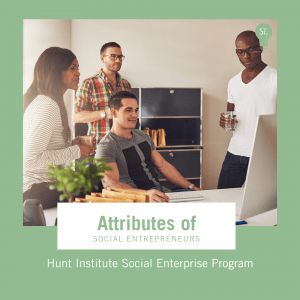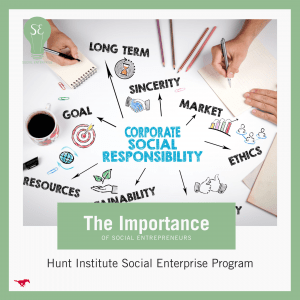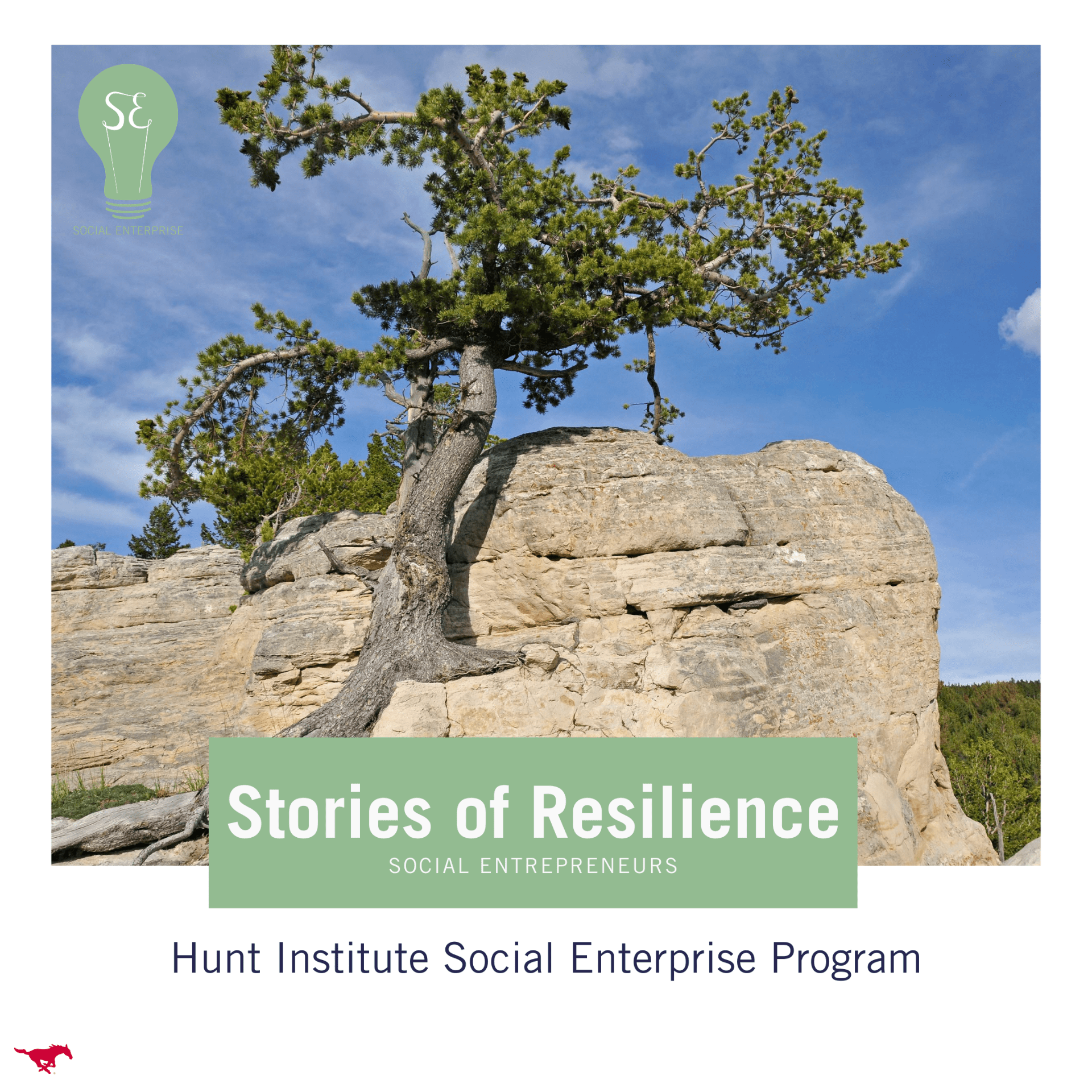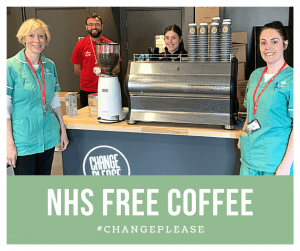Capitalism is defined as “an economic system based on the private ownership of the means of production and their operation for profit. Central characteristics of capitalism include capital accumulation, competitive markets, a price system, private property and the recognition of property rights, voluntary exchange and wage labor” by Wikipedia. The power of our free-market economy has been corrupted by inequalities in part by the rise of monopolies, duopolies, and oligopolies. Is it time to reimagine what our capitalism is today?
Back in 2012, Mindy Lubber, CEO and president of Ceres, a sustainability nonprofit organization, wrote an article in Forbes titled, “Ending Quarterly Capitalism”. Quarterly capitalism is a form of capitalism that focuses on short-term performance and delivering value for shareholders. In the article, Lubber shares that since CEO’s are incentivized based on quarterly or annual company performance, most are reluctant to invest in decisions that may benefit the company in the long run. However, she predicts that with growing risks related to climate change, CEO’s will be forced to consider the long-term implications of their business decisions.
Likewise, in 2016, Dominic Barton, global managing partner at McKinsey & Company, Dr. Dezso J. Horvath, dean of the Schulich School of Business at York University, and Matthias Kipping, chair of business history at the Schulich School, released a book titled “Re-imagining Capitalism: Building a Responsible, Long-Term Model.” In it, they question whether America’s current form of capitalism is still creating wealth and benefiting a majority of citizens. The authors argue that quarterly capitalism is to blame for the significant discrepancy between the rich and the poor, and they echo Lubber’s sentiment that opportunities for long-term value creation have been ignored in the pursuit of short-term profits. Despite these problems, in an interview with McKinsey, Horvath shares optimism for the future based on the upcoming generation’s awareness of social and environmental issues. The upcoming generation understands the vital importance of sustainability — the balance between society, economy, and the stewardship of the environment.
Now, in 2020, with the global coronavirus pandemic, increasing natural disasters due to climate change, and the compounding effects of racial oppression in America, the examination of our current representation of capitalism in our economy has once again been brought to the forefront.
The Omidyar Network, a social change venture co-founded by Pierre Omidyar, founder of eBay, proposes a five-pillar approach to reimagining capitalism in America. The Omidyar Network seeks to create a more democratic form of capitalism by: 1) grounding the economy in new ideas, shared values, and inalienable rights 2) building an explicitly anti-racist and inclusive economy 3) creating counterweights to economic power 4) rebalancing the relationship between markets, government, and communities and 5) building a resilient economy that accounts for 21st century context.
Rebecca Henderson, Harvard Business School professor and economist, also posits in her new book, “Reimagining Capitalism in a World on Fire”, that now is the time to build a more equitable and sustainable version of capitalism.
Additionally, The World Economic Forum is calling for a “great reset”, stating that the coronavirus pandemic presents the world with a unique opportunity to redefine our economic and social systems to create a more equitable, sustainable, and prosperous future.
As Richard Davies, economist and fellow at the London School of Economics, stated in this article in the Organization for Economic Cooperation and Development (OECD) Forum, “The COVID-19 pandemic is a reminder that economics is a discipline that we must constantly renew and improve”.
If you are interested in being a part of a network of like-minded professionals who are working to leverage market principles and social entrepreneurship for a more inclusive economy here in Dallas, consider joining the Inclusive Economy Consortium (IEC). Cofounded by Dr. Eva Csaky, Executive Director of the Hunt Institute, and Anna Clark, President at Heirloom Digital, the IEC empowers change agents from the private, public and non-profit sectors to connect, share and act.
To read more about the Hunt Institute’s work to develop future-focused solutions to some of the world’s biggest problems, please click here. For the latest news on the Hunt Institute, follow our social media accounts on LinkedIn, Facebook, Twitter, and Instagram. We invite you to listen to our Podcast called Sages & Seekers. If you are considering engaging with the institute, you can donate, or sign-up for our newsletter by emailing huntinstitute@smu.edu.














